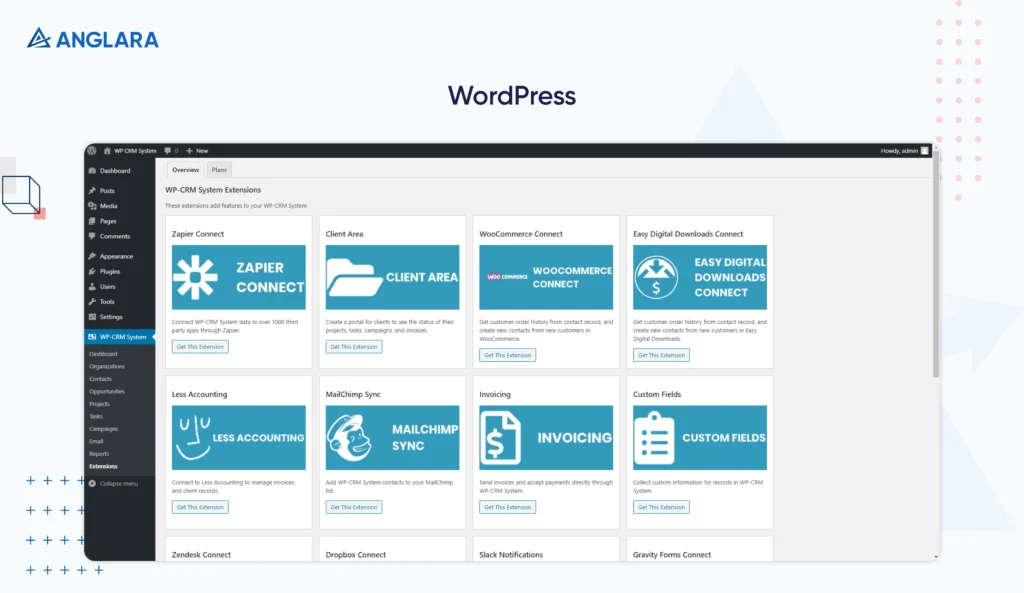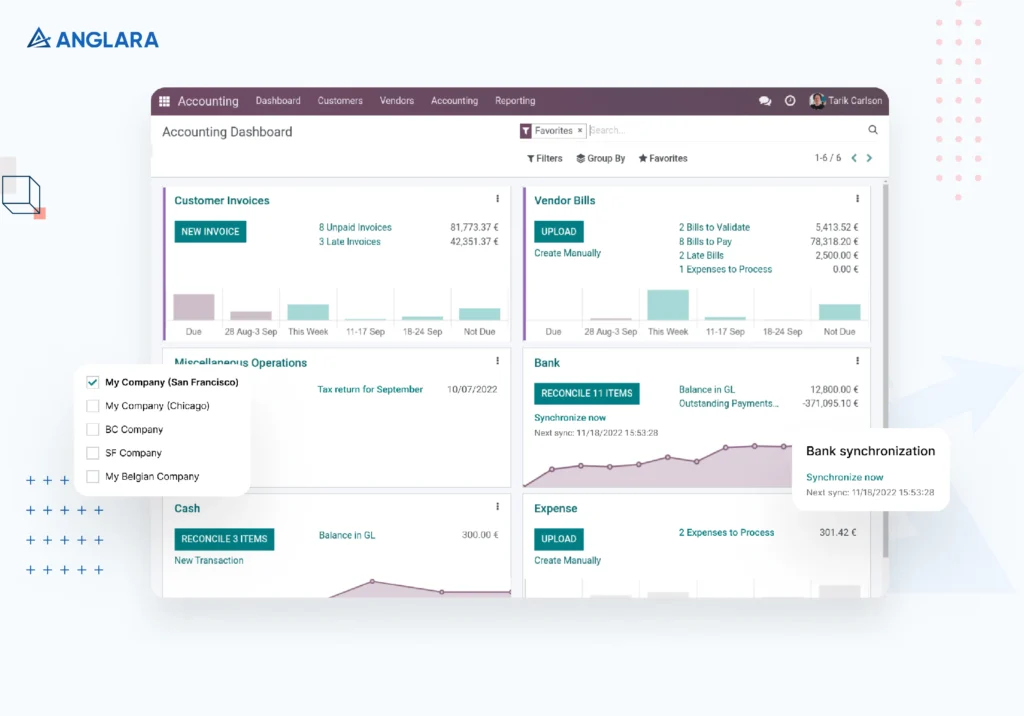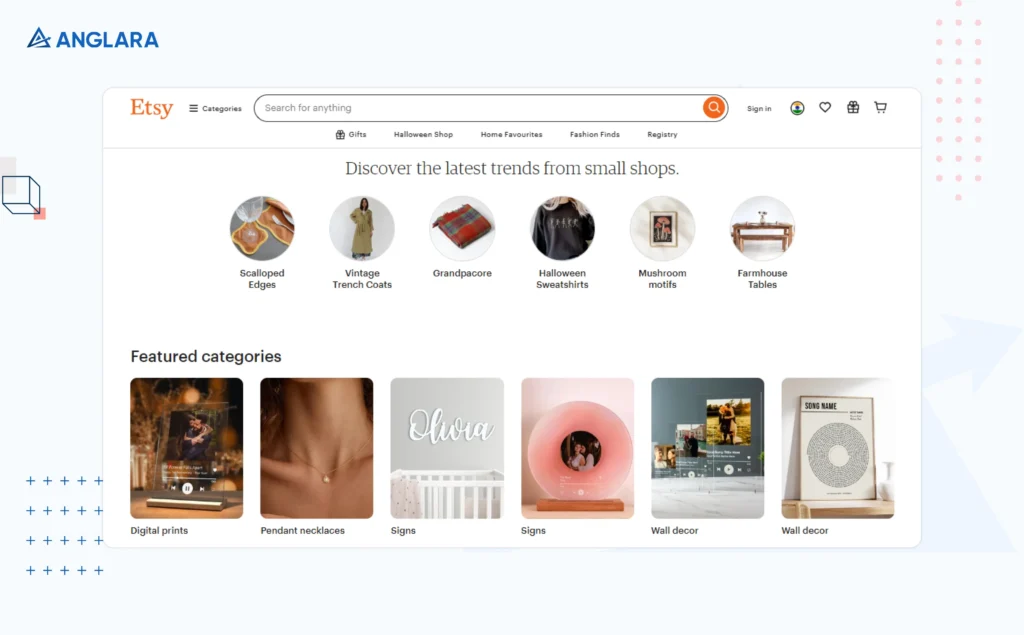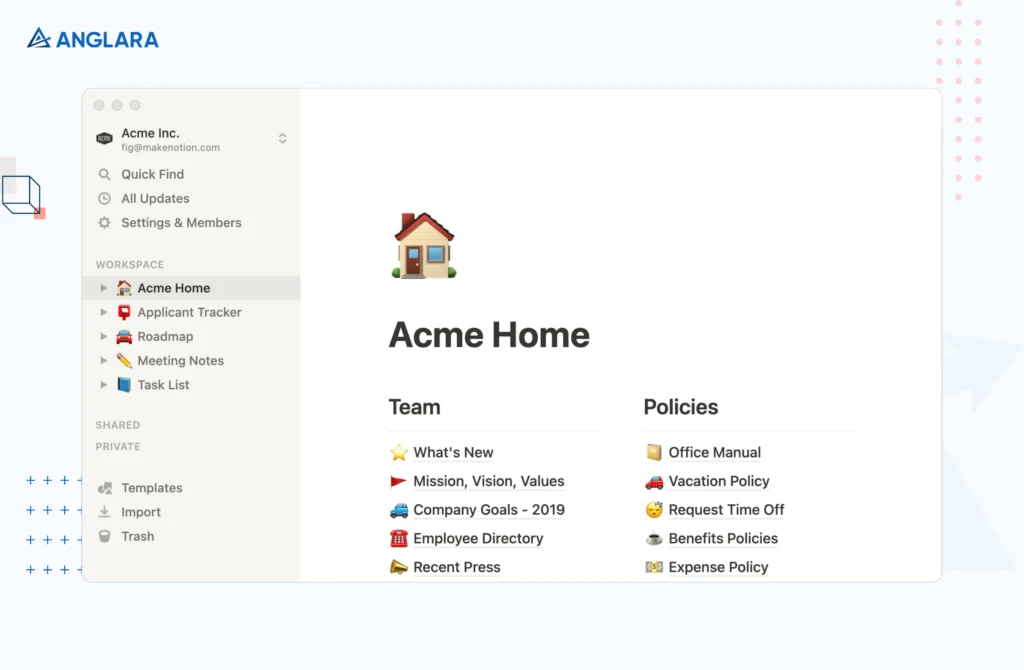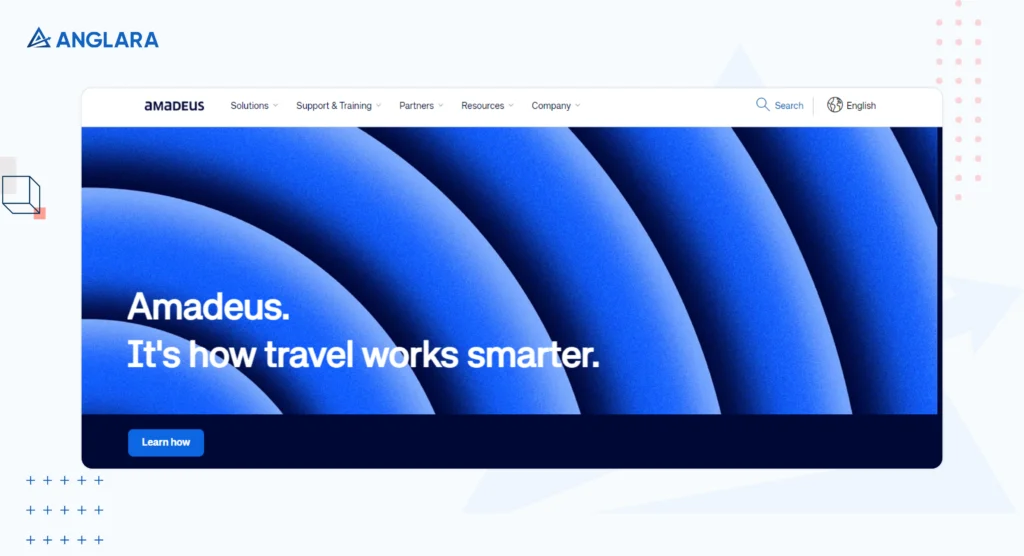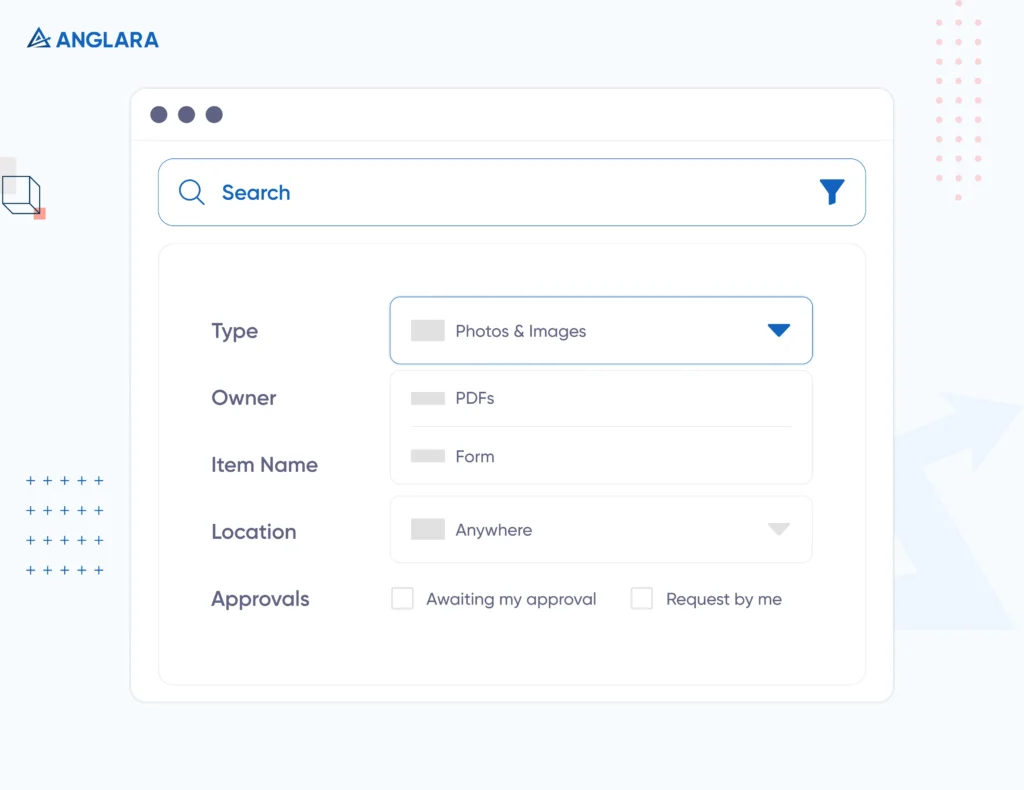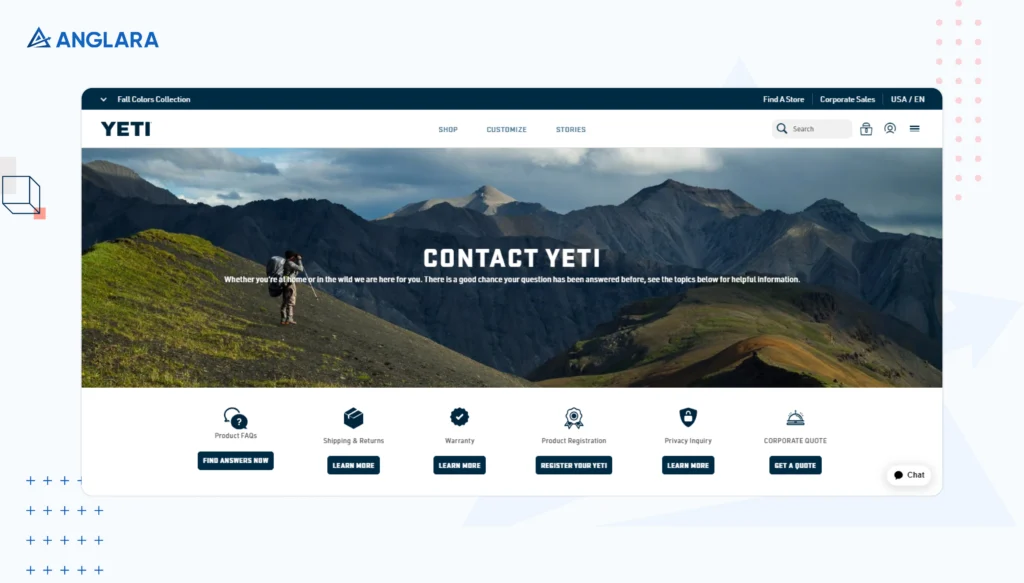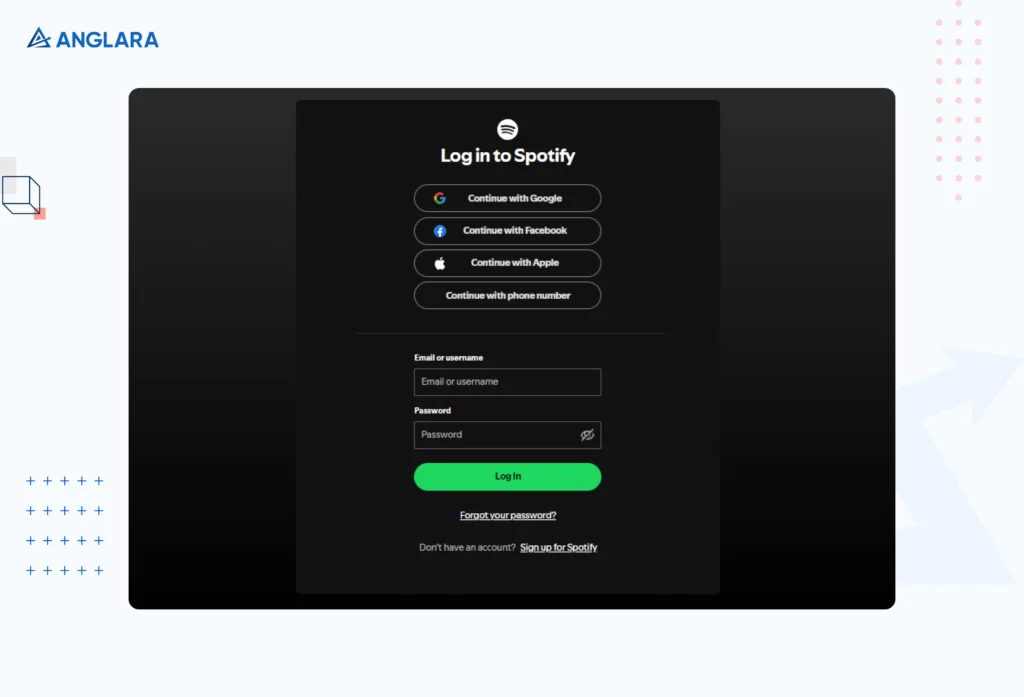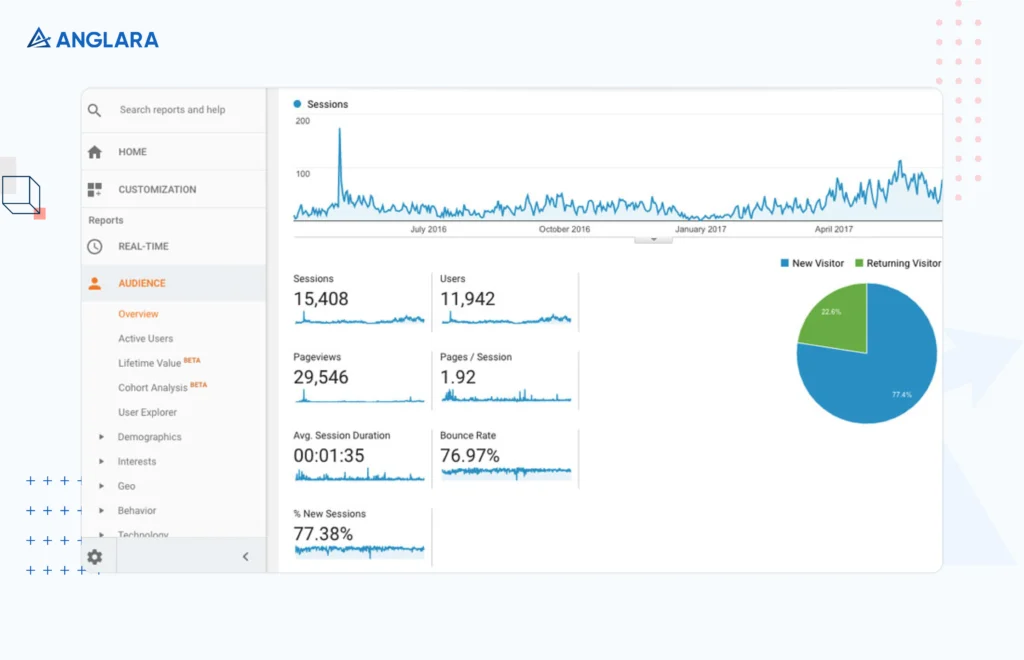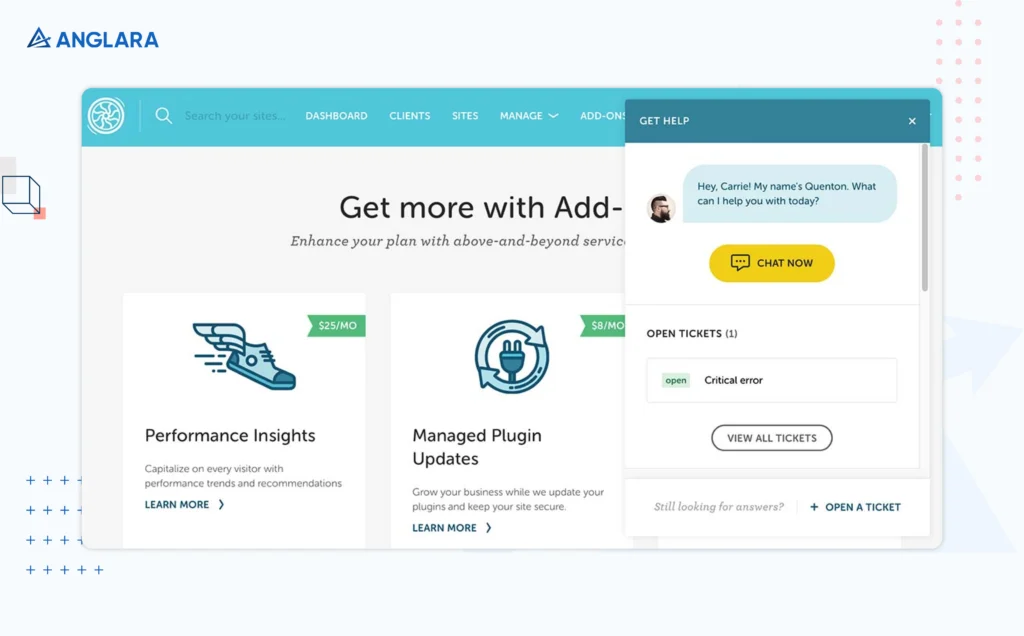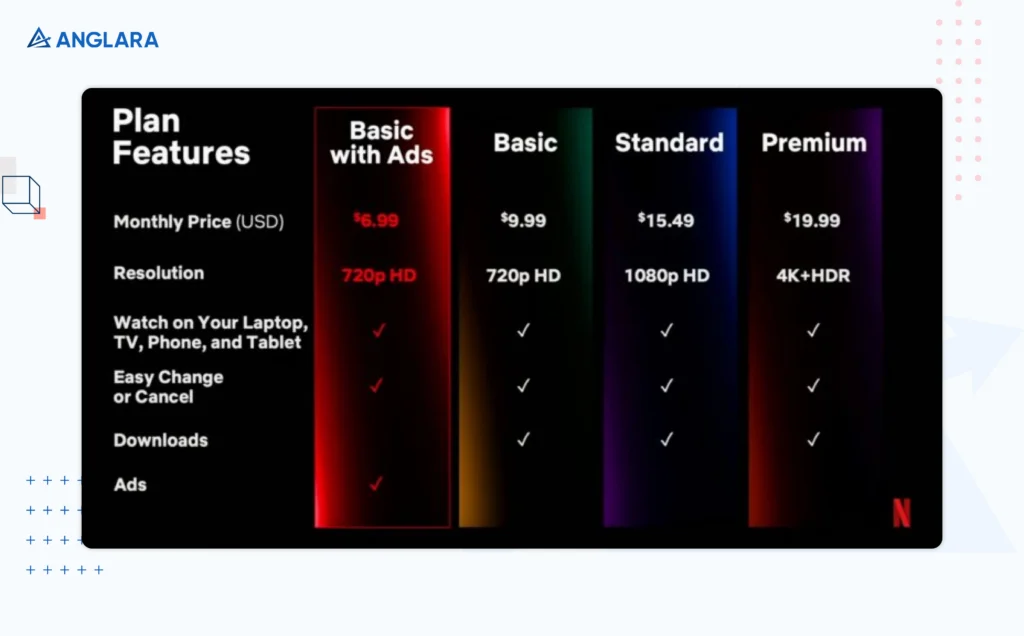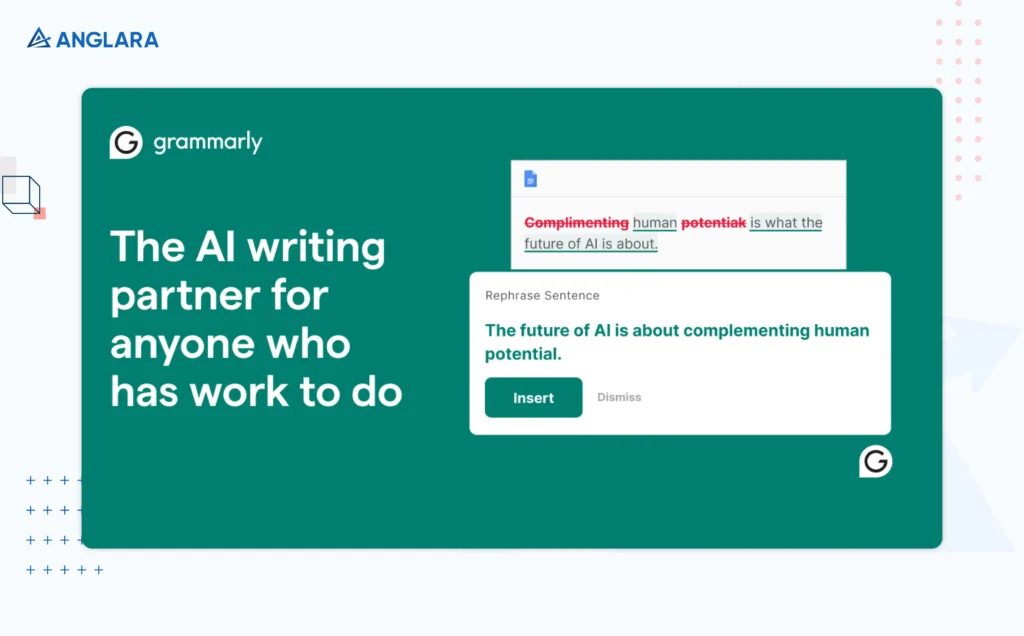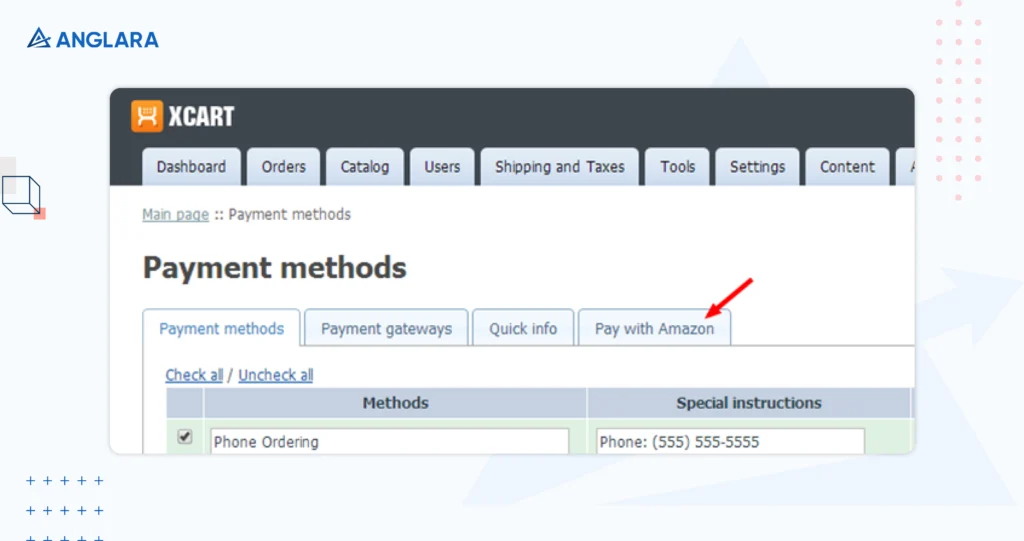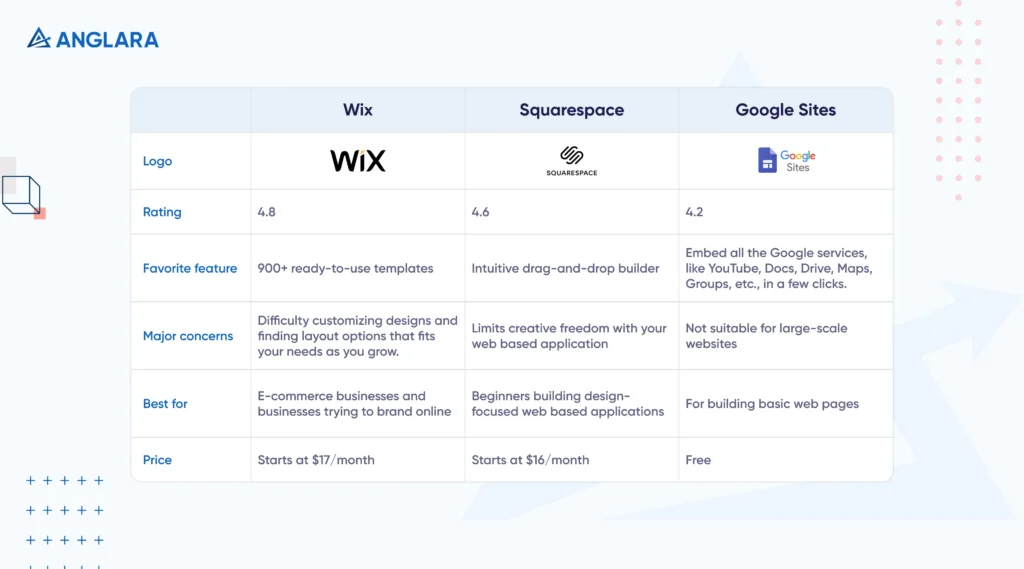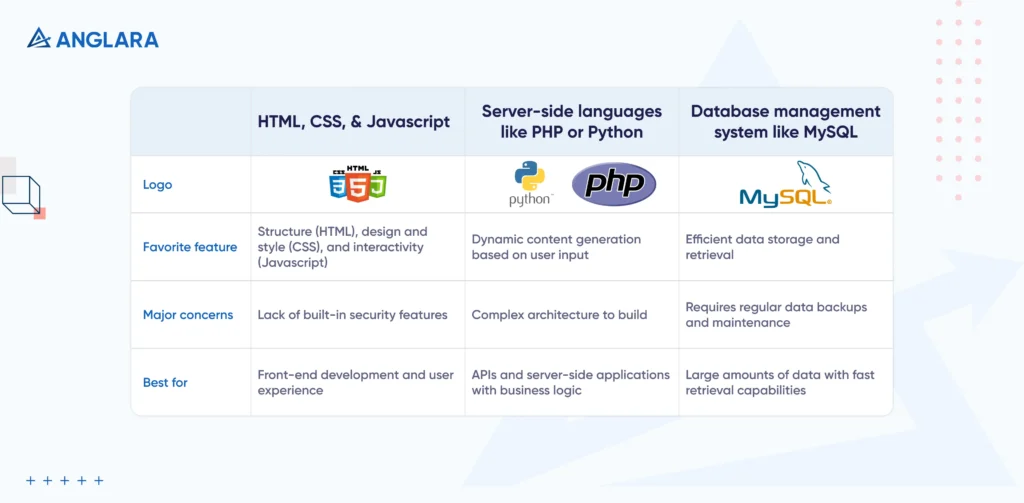Custom Web Based Application Development
50% of users prefer browsing your website on mobile over downloading an app. With a web-based application, you can save them the trouble of downloading an app and still deliver a native-like experience.
However, if you’re growing your business, traditional pre-built software solutions might not meet all your needs. Whether you need to manage customer orders or inventory, you’ll likely compromise on one element or the other as you scale.
However, with a custom web based application built just for you and personalized based on how your business operates, every feature works efficiently, processes are automated, and the application scales effortlessly with your business without any compromises.
That’s how custom web based applications can change how your business operates. They let you focus on growth without worrying about limitations.
Continue reading if you’d like to learn more about custom web based application development. This article discusses everything you need to know about custom web based application development, including its
- advantages,
- prominent features and
- challenges to consider, and
- the process itself.
What is a Custom Web Based Application?
A custom web based application is personalized software built to address the unique needs and challenges of a specific business or organization. Custom web application development services build each feature, function, and design element to meet the business’s requirements, providing solutions that enhance operational efficiency and user satisfaction.
Custom web applications offer a range of functionality, from shopping carts to sophisticated forums. For instance, healthcare web applications can use custom web app development technologies to provide specific features, such as:
- Patient records
- Appointment scheduling
- Quick support
- Online consultation portal
And much more
But how is a custom web based application different from traditional web applications? Here’s a quick overview:
| Characteristic | Custom Web Based Application | Traditional Web Applications |
| Development Approach | Built from scratch, considering the specific requirements | Provides generic solutions derived from pre-built modules |
| Flexibility & Scalability | Offers high flexibility and scalability, as it adapts to the business growth | The scope of scalability is limited as it is challenging to modify or customize |
| Integration Facilities | Easy integration of existing business systems into the web application | Integration options often require the use of third-party tools |
| User Experience | Designed to provide a customized user experience | Standardized user experience throughout |
| Ownership Controls | The business owner practices total control of the web application | The platform guidelines often restrict ownership |
Types of Custom Web Applications
Understanding the different types of applications available is essential to choosing a solution that suits your business needs. At Anglara, we like to lay out all the available options. The following are some of the common custom web based applications we develop for our clients.
CMS Web Applications:
Content Management System (CMS) web applications allow businesses to organize and manage their website data in a central location without requiring technical knowledge. They provide easy access to dynamic and static pages, SEO, version management, and template management. Some famous examples of CMS are Drupal, WordPress, and Joomla.
Enterprise Applications:
ERP (Enterprise Resource Planning) applications are large-scale custom web applications that manage and automate business processes such as finance, human resources, and supply chain management using a single platform. They boost operational efficiency, decision-making, and collaboration across departments. Odoo and SAP are popular ERP solution providers.
E-Commerce Applications:
Get a personalized experience based on your online store’s needs with custom features like shopping carts, product catalogs, customized reports, specific payment gateways, etc. Several e-commerce giants, such as Etsy, have their own web-based applications.
Integrated Web Applications:
Integrated web applications are software solutions that integrate multiple functionalities and services into one significant custom web based application. These applications interact with other software and services in real time, ensuring efficient data exchange across different platforms.
Integrated web applications are generally complex in architecture due to the implementation of multiple modules. However, they have the upper hand over single independent applications for enhanced integration of features such as CMS, E-commerce, and analytics in one platform. An excellent example of the integrated web application is Notion. It lets you import data from Google Drive, manage meetings in Zoom, collaborate on files, and manage knowledge within a single platform.
Web Service:
Web services are traditional desktop applications converted into custom web applications using REST APIs, React, Node.js, and databases like MySQL. They allow easy accessibility as users can access these applications from anywhere with the browser, eliminating the need to download or install anything locally on their devices. Take Amadeus, for example. It lets you integrate flight booking API in your custom web applications.
Advantages of Custom Web Applications
From personalized functionalities to enhanced user experiences, a custom web based application offers multiple advantages for your business. The following are the key advantages that make custom web development a worthwhile investment.
- Tailored solutions: A company is unlikely to continue producing the same products over time. Therefore, personalized and flexible web based applications integrate features and strategies to adapt to a company’s changing needs.
- Better security: A business can incorporate advanced security measures into the web app to minimize cyber threats, such as regular updates, authentication protocols, encryption methods, and data protection strategies.
- Seamless integration: Synchronize the organization’s existing data infrastructure and integrate it with tools like CRM, ERP, and other platforms.
- Cost-effectiveness: Despite the high initial costs, custom web applications meet a company’s unique demands, reducing costly adjustments and walkarounds later. This implies lower maintenance expenses and higher savings in the long run.
- Complete ownership: A custom web based application offers you complete control over the solution. There’s no reliance on third-party tools or platforms for maintenance, upgrades, and security updates.
Features of Custom Web Applications
Integrating the right features can influence your custom web application’s efficiency and usability. At Anglara, we understand that every business can benefit from unique features and meet its requirements and goals.
We’ve illustrated some key features to demonstrate how they can enhance your custom web based application.
Search Functionality
Many businesses often prefer custom web applications because they allow quick data and information retrieval. These applications can offer features such as keyword search, auto-suggestions, and relevancy-based rankings.
You can tailor these searching techniques to the user’s requirements via advanced filtering and sorting.
Contact and Feedback Forms
Contact and feedback forms enable direct communication between the users and the business.
These forms make users feel heard, as they can reach out to the company with queries, support, and suggestions. Additionally, the forms are a valuable asset to the company with user-experience analytics.
Social Media Integration
Custom web-based applications can implement social media integration for functionalities such as login authentication, as Spotify does. You can also take the traditional route by offering share buttons to encourage user interaction and improve the brand’s identity.
Analytics and Reporting
Analytics features let the companies leverage extensive data insights, ensuring reliable and efficient decision-making. Advanced analytics tools collect user data, highlighting information about user behavior, preferences, and interaction levels.
Businesses may use the collected data to identify company trends and track growth.
Real-Time Interactions
A company can instantly communicate and connect with users with real-time interactions. These interactions may include live chats, notifications, updates, or other collaborative functionalities.
Real-time interactions improve user experience and encourage engagement, as the custom web-based application creates a dynamic and efficient environment.
Subscription Models
Subscription models can limit users’ access to content and information based on their subscription tiers. Just like Netflix, you can allow users to pick from various plans that suit their needs and utilize features and information as per their package.
Subscription models generate repeated revenue and provide customer retention, as the plans offer customers exactly what they need.
Machine Learning and AI Integration
Artificial intelligence (AI) can personalize the user experience by allowing web applications to understand large chunks of data to identify market patterns, automate processes, and make future predictions for the product or service. Machine learning (ML), on the other hand, implements product recommendations based on user interactions.
Take Grammarly, for example, which introduced AI to help users automate writing.
These technologies can help develop operational efficiency and refine customer interactions.
APIs
APIs facilitate easy third-party tools and software integration, allowing data communication with the web app.
The custom web application can connect with many functionalities, such as payment gateways, cloud storage, or social media platforms, without building the tools from scratch.
Common Challenges in Custom Web Application Development
No approach to developing an app comes without its own set of challenges. At Anglara, we believe in complete transparency to prepare our clients for potential roadblocks they may face.
These are some of the common challenges our customers have faced during custom web application development before they joined hands with us:
- Scalability: Many web applications struggle to scale as businesses grow. We use cloud-based infrastructure so our clients can scale without compromising the user experience.
- User adoption: Overcoming resistance to new technology and achieving user adoption might be challenging. We focus on UI/UX and suggest our clients provide customer onboarding for a smooth user transition.
- Data security and compliance: Security is a key concern while managing sensitive information to ensure regulatory compliance. We always suggest strong encryption with multi-factor authentication and regular security updates to add a layer of protection to the web app.
- Performance optimization: Maintaining fast load times and smooth functionality can be tedious when the web app architecture is complex. We have thorough optimization techniques in the custom web app development process to keep the application responsive as it scales.
- Cross-browser compatibility: The web application might fail if it cannot run consistently across different browsers and devices. Before launching the app, we conduct rigid testing procedures on various browsers and devices.
- Lack of project management skills: Lack of management results in project delays, budget constraints, and miscommunication during custom web-based application development. We suggest hiring development firms with experienced project managers to maintain efficient communication and achieve web app goals.
- Inadequate team of developers: Personalizing the web application with unique demands can be challenging if the developers’ team is incompetent. Make sure the developers’ team is proficient and can meet the requirements of the web app project. Anglara has worked with over __ clients in 5 years to deliver personalized experiences through custom web development.
- Poor consultancy on project approach: Poor consultancy can misguide the project or lead to inefficient solutions. Connect with Anglara, one of India’s leading custom web-based application development firms. We can help you choose the best approach to meet your business objectives.
Web App Design and Development Process
A successful custom web-based application development process demands a systematic approach. At Anglara, we prioritize turning your ideas into a customized and fully functional web app by involving our clients in every development phase.
We discuss these phases of development with our client before collaborating on the project.
Conceptualizing and Planning
No project can start without a solid plan. Therefore, the natural first step in our process is building a blueprint for the web application custom development, which includes:
- Defining the objectives of the custom web based application
- Deciding the scope
- Setting timelines
- Estimating budgets
- Addressing potential challenges
Technology Stack Selection
Technology stacks are the software frameworks, libraries, and tools used in custom web based application development. A company can choose between coding and non-coding options as mentioned below:
Without Coding
Coding development procedures can overwhelm many businesses as they demand more time and come at a higher cost. Here’s a comparison of the most commonly used non-coding technologies in custom web based application development:
You might wonder if no-coding technologies compromise the quality of custom web apps. That’s not the case. For example, Slack, a professional knowledge-base tool, was initially built on no-code technologies, yet it offered streamlined operations and received wide appreciation.
Then why did it switch to coded platforms? Let us answer that.
With Coding
While no-coding technologies allow quick and easy solutions, they’re limiting. Coded solutions provide complete control over the experience, allowing limitless customization and flexibility.
For instance, Slack was initially built with no-coding technologies to test and develop their idea quickly. However, they transitioned to coded platforms as their web application scaled to handle large data efficiently and offer a wide range of integrations and better security.
The following comparison highlights some of the most commonly used coding technologies in custom web based development.
Wireframing and UI/UX Design
This stage involves structuring the custom web app, including the feature sets and core interface elements. The wireframing visually represents the app’s layout and the flow between screens. Once you decide on the wireframing, the UI/UX team works to improve the visuals and interactive elements of the web app, blending aesthetics and user-friendly navigation.
This stage is crucial to understanding the web application’s workflow before development begins.
Development
In this phase, the conceptualized project, designs, and planned functionalities turn into a working product using the decided technology stack.
Custom web application development services, like Anglara, create the layout using HTML, ensuring that the web app aligns with the vision and tackles potential challenges.
Testing and Deployment
After development, the quality assurance team tests the custom web based application to identify bugs and glitches. The team ensures the app works smoothly in different use cases by monitoring its performance, setting up the servers properly, and securing the data.
Once the web app passes all the checks, it is ready to go live on the browsers.
Where to Find Developers?
Finding the perfect developers for your custom web app development can be tedious. Whether you’re a small business or an established organization, hiring the right professionals will determine the project’s success.
Here are some of the ways to find developers for your custom web based app development process:
Inhouse
Finding in-house developers is the perfect fit if you’re a small business or organization with a budget constraint. However, the lack of adequate skillsets in in-house developers and limited resources may adversely affect the quality and usability of the custom web application.
Considering the onboarding and training expenses, they might demand more time and money investment in the long run.
Freelance
You can find freelancers to build your custom web based application on platforms like Fiverr and Upwork. However, hiring different individuals for different components of developing a custom web-based application can be costlier.
Additionally, collaboration between these freelancers can be a hassle and may result in inconsistent deliveries.
Development Company
A custom web app development company can offer a team of skilled professionals who specialize in custom web app design and development.
While working with a web app development company may come with a higher cost, it eliminates the hassle of choosing the best talent for the development process. You also collaborate with a single point of contact, so you don’t need to coordinate with different individuals to track the project’s progress.
When you hire a developer firm with solid experience and expertise, you ensure a high-quality result that meets your vision. Here are a few things to look for in a good development company:
- Team of web application developers proficient in multiple programming languages, frameworks, and technologies
- Quality portfolio
- Responsiveness to inquiries and good communication
- Development methodologies to suit your project
- Transparent pricing model
- Best practices for data security
Cost of Custom Web Based Application Development
Unfortunately, there’s no way to cite exact custom web application development pricing as they vary based on your choice of:
- The kind of developers
- The type of web application
- The technologies to use in the development
- The feature set to incorporate
- The overall complexity of the project
At Anglara, we’d be more than happy to give you a quote on the project over a free 30-minute consultation call where we can discuss your requirements and budget.
Conclusion
Investing in custom web application services can lead your company to a scaling path of growth, enhance customer engagement, and adapt to changing market demands. You now know the unique advantages and challenges of custom web development. The development process outlined in this article gives you an overview of the web app development process to build a tailored solution for your business.
At Anglara, we’re dedicated to turning your vision into reality with our comprehensive end-to-end custom web based application development services. Whether you’re at the initial concept stage or ready to build on an existing platform, our team is here to guide you through each phase with expertise and precision. Fill out our consultation form to discuss how our services can help your business deliver a memorable experience to its customers.
